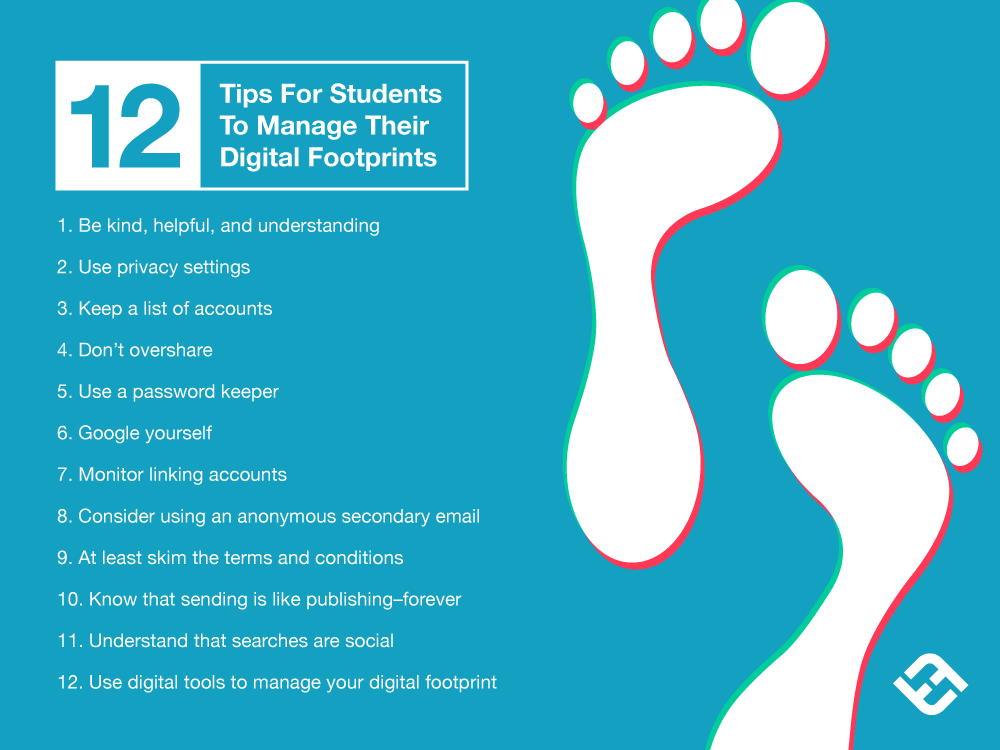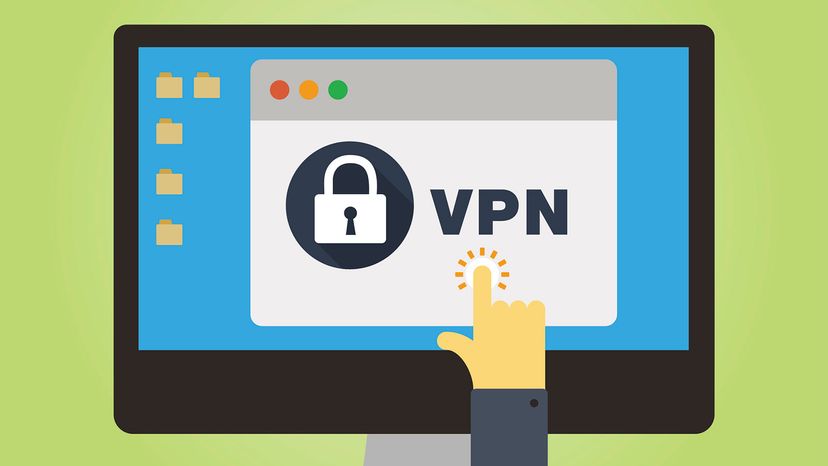The Effects of Posting on Social Media
Social media is one of the best tools in the world. However, it comes with many flaws that may affect an individual's career with anything they post. Your digital footprint is something that follows you everywhere, whether you like it or not.
Digital Footprint
Everyone has a digital footprint when posting, sharing, or liking information on social media. This digital footprint cannot be deleted, no matter how many times you think you delete it, it will still be there forever. Learning about managing your digital footprint can greatly improve how you go about on the internet. To do so, you must learn about digital citizenship, which is basically to be kind, helpful, and understanding toward others. It's essentially, treat others how you would want to be treated.
Another way of managing your digital footprint is to look yourself up and see what you can find. In class, we were told to look up our names, and I found out that my name was written in more than 4 articles about swimming and I didn't even know it. Furthermore, I asked what the kids next to me had, and they told me that they just have pictures that they liked on Instagram and saw their names in articles that they didn't think they would be in.
One of the ways that Josh Ochs talked about managing your digital footprint is to curate and manage the first page of your Google results. He went up to many houses and told them that he was running for a political position. The individual may have talked to him and told him that they would say yes, but many of the people he went up to had no idea who he even was. Therefore, a quick Google search told them how much information was on Ochs and how everything online was saying how great of a person he was.
Some other tips to manage your digital footprint is to download VPNs like we learned in class. If you download a VPN, many browser extensions and app add-ons won't be able to capture your personal information. Personally, when I was in high school, I had a VPN so that the high school would not be able to track what I searched up because that was my privacy and I didn't want anyone to see what I was doing. Also, I believed that it was useful because it helped run the websites faster and it made it easier to browse online.
If you don't want to overshare something on social media, you can easily protect your privacy by disabling your activity status. I know that on Instagram and Facebook, there would be a little green circle next to your name if you were active, so I turned it off because users would be able to see when I would log into those apps. Since it is my privacy, it would be nice to know that when someone is online, however, there is literally no need for it because the responder can always reply back to you whenever they feel like it. It is not an obligation.
Another way of staying proactive and protecting yourself from oversharing on social media is to limit the audience of what you're posting. This may help because these posts will only be sent to a certain number of people rather than your entire friend's list (if you have a long one). I feel as if protecting yourself is very important and that limiting the audience has a huge impact on social media because you can protect your tweets and posts from random people. Additionally, you can make your account private because there is no need for the entire world to see what you post, especially when they don't know you yet. For me, I keep my account private because I don't want random people to find my account. I only keep it to people who know me and that I know them. My photos, check-ins, and updates can show more information than I actually intend on showing.
Employment
If you wanted to share something on Facebook, think twice about what it is, because many employers tend to search for their prospective employees to see whether or not that individual is a good candidate. Even if the candidate's online name was unprofessional, 22% of employers wouldn't take them. Likewise, if a job candidate posted something provocative or had inappropriate photos, videos, or information on their social media, 40% of employers would NOT take them. These inappropriate photos, videos, or information on their social media will make the entire company look bad and will not end well for the business.
For example, in class, we watched a short little film on some man that went into an interview without any knowledge of his digital footprint. He explained that he was the perfect candidate and that he had everything that makes him a good employee. However, on the interviewer's side, we saw that that man still had everything up on his social media and was seen to be posting inappropriate photos, videos, and information. He also lied about an absence and lied right in front of the interviewer.
I learned that it is dangerous to post something online because it will always be there, no matter what you do, you can't delete it. Even if you modify the search for your name, it will still be there, but not on the very first page. When working for a business or company, you still should not be posting anything that may be deemed as inappropriate because employers still use social networking sites to research their CURRENT employees, with 10% doing it daily. I learned that if you respond well to a situation at hand, it is more important than what the other person has said to you. This is because that person may throw out so much anger at you because of one little thing. However, the way you respond to the situation is to stay calm and stay positive because it shows a company that you are willing to delegate the issue. Though you may have not agreed with the issue at hand, staying calm is something that is useful when running for a position of authority. If you let things go on social media, there would be no fight and nothing for your employers to look over. Like Ochs, he would not say anything if someone would make offensive comments because he knows that they just have their "own agenda or reason for lashing out".
Overall, I find it very important to learn about what you post on social media because it literally follows you everywhere. Employers will take a look at it and will judge you based off of your social media presence. Additionally, they will do a quick Google search on you and find whatever is necessary in order to fire or hire you. Like Ochs explained in chapter 2, "make sure everything you post is full of gratitude and positivity". I believe that these posts may make a great first impression on an individual, and maybe won't be the cause of you getting fired. Nonetheless, Google search yourself every once in a while because you never know what might pop up on there, and to be courteous to those online.






Hi Winchester, amazing work! I really loved that you talked about VPNs, as this is a subject I am not really knowledgeable on but I would love to know more about. I also really liked that you included so many stats about employment and social media, as these are really important ideas that people need to know about when thinking of applying for jobs. Great job, keep it up.
ReplyDelete